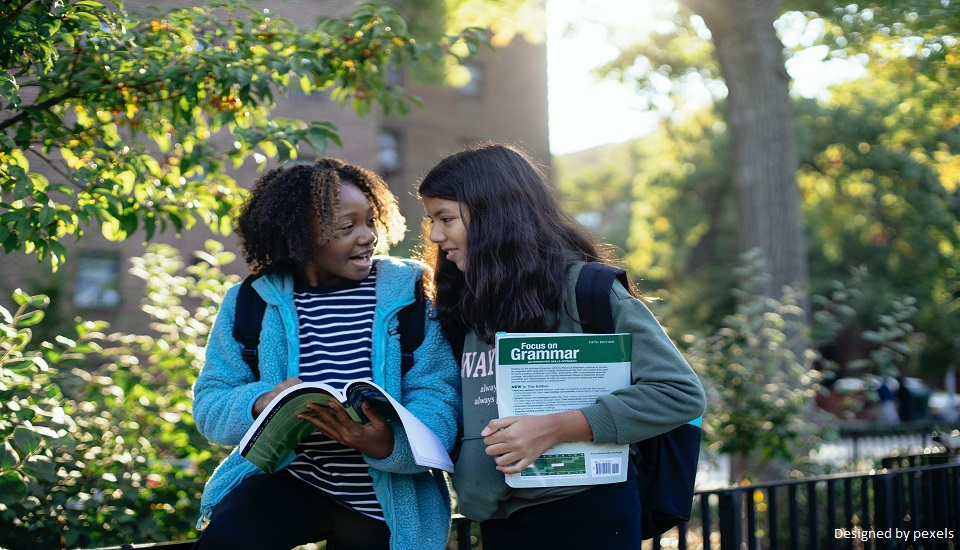Role Of Teachers In Promoting The Social And Emotional Health Of Vulnerable Students
23rd August 2021
It has been proven in researches and theories that an educator indeed has a therapeutic role to play in dealing with children with behavioral issues or emotional problems. Researchers have found that the kind of teachers’ support that the learners received, reliably predicted changes in self-esteem and depression in both boys and girls (Reddy, Rhodes, & Mulhall, 2003). In other studies, it was found that a positive relationship with teachers equipped with school counselor skills may significantly reduce children’s behavioral and psychosocial difficulties and promote school adjustment.
As Richardson and Shupe (2003) point out, with increased self-awareness, teachers can have a more accurate understanding of how the emotional processes and behaviours affect students. A teacher’s emotional competence is of significant importance in effective teaching for preventing burnout and contributing to students’ learning and performance, however, there is no proven method to enhance these competencies (Hen & Sharabi-Nov, 2014). On the other hand, teachers are expected to possess the capacity to exercise control over their emotions, thoughts and beliefs to bring improvement in their teaching abilities (Gibbs, 2003). Another researcher believes that through the expression of emotional identity, teachers can develop greater reflexivity, stronger solidarity and heightened sensitivity toward their colleagues and students. Similarly, other researchers have also proposed teachers’ improvement of social and emotional competencies through stress reduction and mindfulness programs.
In research conducted on the relationship between social-emotional factors and academic achievement in students (Elias & Haynes, 2008), it was found that at-risk students who benefit from supportive and non-conflicting or rejecting relationships with teachers have enhanced academic interests and can engage with peers and learning processes as opposed to those students who are without these positive relationships (Rohner, 2010).
On the whole, it seems that these students highly benefit from social-emotional programs and interventions in which their teachers are involved, both at an academic and interpersonal level.
Our teachers undoubtedly play an important role to take substantial action to prevent students from aggravating their or developing further psychological problems. Indeed, teachers are not trained to be experts in psychological difficulties and interventions; however, they are often involved in personal and professional interaction with their students; as students spend a good amount of time in school with the teachers, hence they can provide vital information regarding their behaviour and functioning and can design appropriate interventions for their development.
However, few general education classroom teachers are also adequately aware of the methods to help and “include” students with social, emotional disorders or behavioural problems, or are trained with school counseling courses to learn the effective methods and strategies for engaging with these students in an efficient way.
In several schools around the world, good intentions, combined with inadequate staff training has proven to be a recipe for failure that often result in a situation comprising of social, emotional and behavioural difficulties. This in turn leads to emotional exhaustion for the teachers accompanied with a feeling that they have reached a professional impasse. The high rates of teachers’ professional burn-out show us the urgent need for specialized assistance at an emotional and professional level. The need for teachers to be either trained in student counseling training or supported by counsellors who are trained in education issues and have experience of a collaborative partnership with education staff is the need of the hour.
Written By : Anindita Das